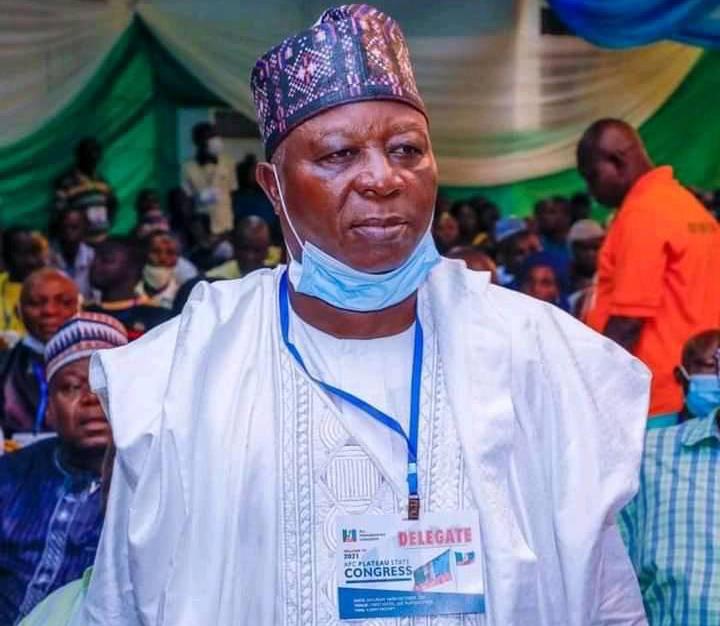Nigeria’s state-owned oil company has announced a significant increase in petrol prices, sparking concerns over rising living costs in Africa’s most populous nation. The Nigerian National Petroleum Company Limited (NNPCL) raised pump prices to N955 ($0.68) per liter this week, a 7.3% jump from the previous N890 across retail outlets in the capital city of Abuja and neighboring states.
The adjustment, confirmed by multiple sources and retail staff, affects key locations such as Kubwa Expressway and Wuse in Abuja, as well as stations in Kogi and Nasarawa states. The latest hike follows a similar upward trend among independent fuel retailers, who began increasing prices over the weekend to between N950 and N971 per liter. This parallel surge reflects broader market shifts linked to rising wholesale costs, notably a revised ex-depot price of N858 per liter set by Dangote Refinery—a landmark $20 billion facility that recently began domestic fuel production.
Dangote’s price revision, up from N820 per liter, has placed immediate pressure on downstream operators. Independent marketers, who lack the economies of scale enjoyed by the NNPCL, argue that higher procurement costs make the latest retail adjustments unavoidable. The developments underscore Nigeria’s ongoing challenges in stabilizing fuel prices since the partial removal of government-subsidized petrol last year—a move that initially tripled pump rates overnight and triggered nationwide protests.
Analysts warn that the latest increases could exacerbate inflation, which already exceeds 33%, while further straining households and small businesses. While the NNPCL has not issued an official statement, industry observers suggest the move aligns with the federal government’s gradual shift toward market-driven pricing. However, critics argue that fluctuating rates—driven by foreign exchange volatility and supply chain bottlenecks—continue to undermine public trust in energy sector reforms.
The ripple effects of Dangote Refinery’s pricing strategy are being closely watched, as the facility represents a critical piece of Nigeria’s ambitions to end decades of reliance on imported fuel. Despite starting production in January, the refinery has yet to achieve full operational capacity, leaving the country still dependent on a mix of domestic output and foreign imports to meet demand. For now, motorists and businesses brace for tighter budgets, with no clear signal of relief in sight.



